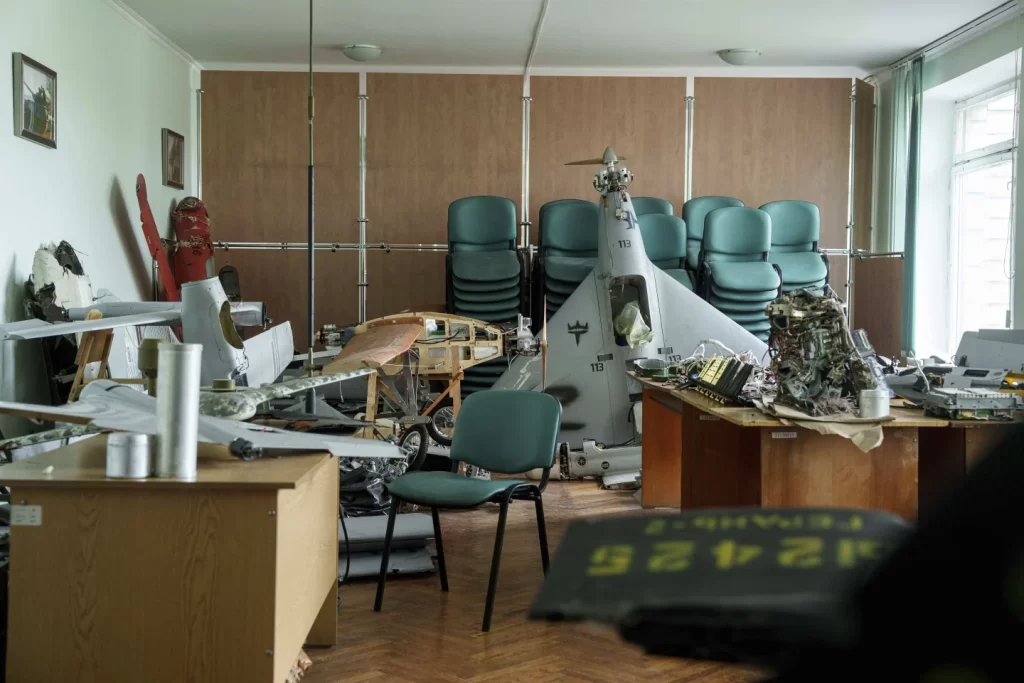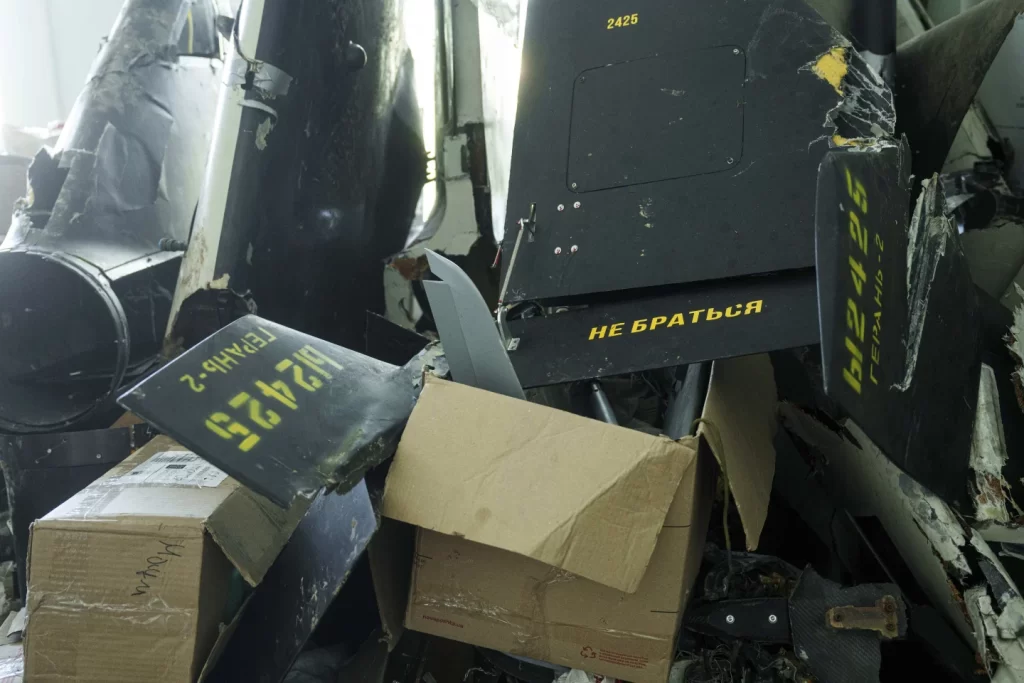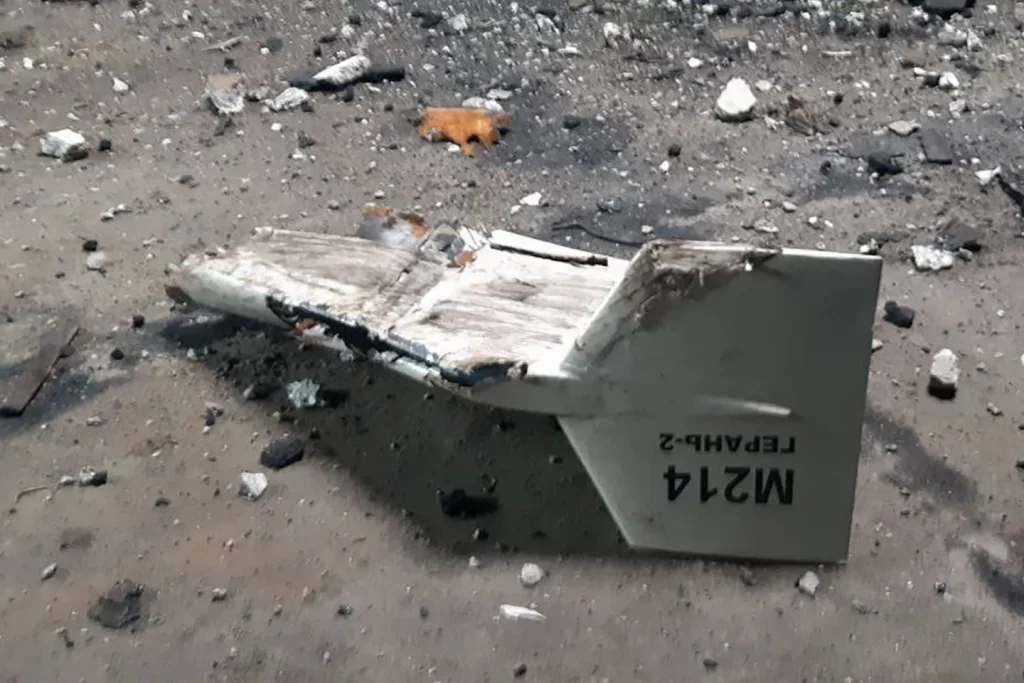African workers recruited to Russia under the “Alabuga Start” program have come forward alleging they were deceived about the nature of their employment, finding themselves unexpectedly involved in the production of attack drones for use in the Ukraine conflict.

An Associated Press investigation has revealed that young women, primarily from countries such as Uganda, Rwanda, Kenya, and Nigeria, were lured to Russia with promises of work-study opportunities in hospitality and catering. Instead, they found themselves in the Alabuga Special Economic Zone in Tatarstan, assembling Iranian-designed Shahed-136 drones.
“I don’t really know how to make drones,” confessed one African woman who had left a job in her home country for the Russian offer. She described the situation as “a trap,” expressing regret for her involvement in the production.

The workers, typically aged 18-22, reported challenging conditions at the Alabuga factory complex. They described long working hours, constant surveillance, and exposure to caustic chemicals without adequate protection. Many complained that their pay was less than initially promised and that they struggled with basic expenses.
The recruitment process involved misleading social media advertisements, computer games, and Russian vocabulary tests. Some workers only realized the true nature of their employment after arriving in Russia. The factory complex is heavily guarded, with workers’ movements restricted and communications monitored.

“The company is all about making drones. Nothing else,” said one woman who assembles airframes. She added, “I regret and I curse the day I started making all those things.”
The situation has raised concerns about potential violations of international laws on human trafficking and labor exploitation. Ravina Shamdasani, spokesperson for the UN High Commissioner for Human Rights, noted that if the recruitment is fraudulent and aimed at exploitation, it could meet the criteria for trafficking.

Several African governments, including Uganda, have expressed concern about the program and are seeking more information about their citizens’ welfare in Russia. The Ugandan Minister for Gender, Labour and Social Development, Betty Amongi, told AP that her ministry had raised concerns with its embassy in Moscow about the recruitment effort.
As the program expands to recruit from Asia and Latin America, concerns grow about the ethical implications of exploiting vulnerable populations for military production.
apnews.com



